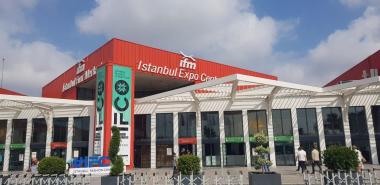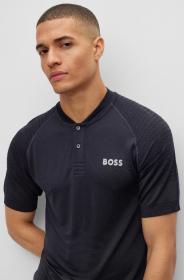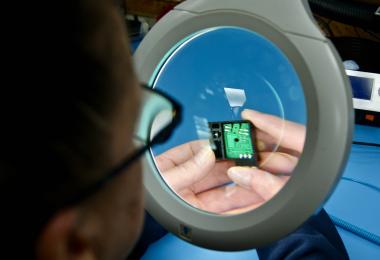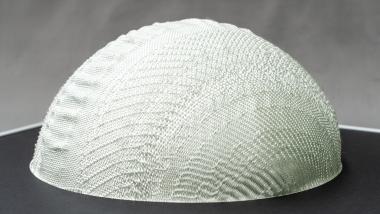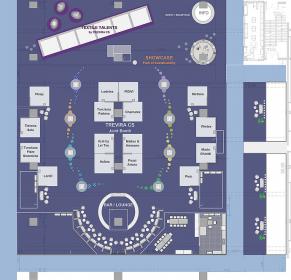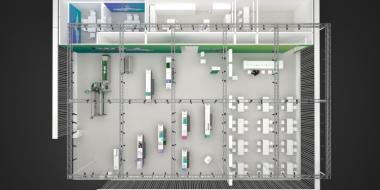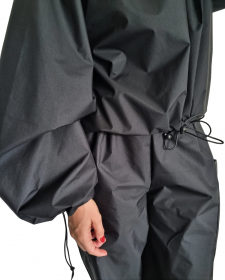Third edition of the project "CirculART"
Art meets sustainable fashion in the third edition of the project "CirculART", the initiative that sees companies, artists and fashion designers working together with Cittadellarte - Fondazione Pistoletto, showing how new balanced forms of production, design and sharing can be explored through a careful choice of materials and of sustainable supply chains. Three key concepts underpin the circularity of sustainable fashion and therefore this project: Reduce - reducing the consumption of raw materials, Reuse - reuse of raw materials, Recycling - regeneration.
The project CirculART is conceived and developed in collaboration between Fashion B.E.S.T. and UNIDEE Residency Programs, and led by the Foundation's team of curators.
Fashion B.E.S.T. - Better Ethical Sustainable Think-Tank, Cittadellarte - Fondazione Pistoletto’ sustainable fashion office, was created by artist Michelangelo Pistoletto and Franca Sozzani. Since 2009, B.E.S.T. has been working on the development of sustainability in the textile sector, to lead to a contamination between art, which assumes social responsibility, and the world of fashion, which is looking to define a new ethical and sustainable model.
CirculART proposes a new link between fashion and art, engaging both in a conscious and innovative combination of sustainability, sensitivity, beauty and union. The project links territory and production factories, bringing together actors from the different sectors making up the textile supply chain that work on the basis of a circular economy with companies that have chosen to embrace the ideal of sustainability and develop an innovative business model.
The protagonists of this year’s edition are two international artists and two international fashion designers, selected through an open call launched by Cittadellarte: Augustina Bottoni, Lucia Chain, Huge Sillytoe and Rebecca Sforzani, young talents called upon to create a work with fabrics produced by partner companies, focusing on dialogue and on the enhancement of the textile industry production chain.
In early 2023, the programme will give the four selected artists the opportunity to visit and work actively with the partner companies that have joined the initiative.
These are: Achille Pinto S.p.a, manufacturer of textiles and textile accessories for the main international fashion brands; Albini Group, Europe's largest manufacturer of cotton fabrics for shirts; Erica Industria Tessile, a leading company in the creation of textile prints, original and customised designs; Filatura Astro, eco-sustainable regenerated yarns; G2B S.r.l., a chemical and environmental analysis laboratory working with vertical cultivation from which indigo is obtained; Lampo by Ditta Giovanni Lanfranchi S.p.A., leader in the creation and production of zips for fashion; Lanificio Fratelli Cerruti, a Biella-based weaver for haute couture; Lenzing, world leader in the production of fabrics made from fibres derived from renewable wood raw material; Milior, a producer of high quality fabrics; Officina +39 – Chemistry plus creativity, a chemical company with thirty years' experience dedicated to research and chemical application in textiles; Tessuti di Sondrio, a factory inspired by the century-old local textile tradition of processing cotton, linen, hemp and wool; Tintoria Emiliana, garment-dyed production and sustainable practices; Zegna Baruffa Lane Borgosesia, a manufacturer of 100% Made in Italy fine combed and carded yarns.
Officina +39 / Menabò Group srl






